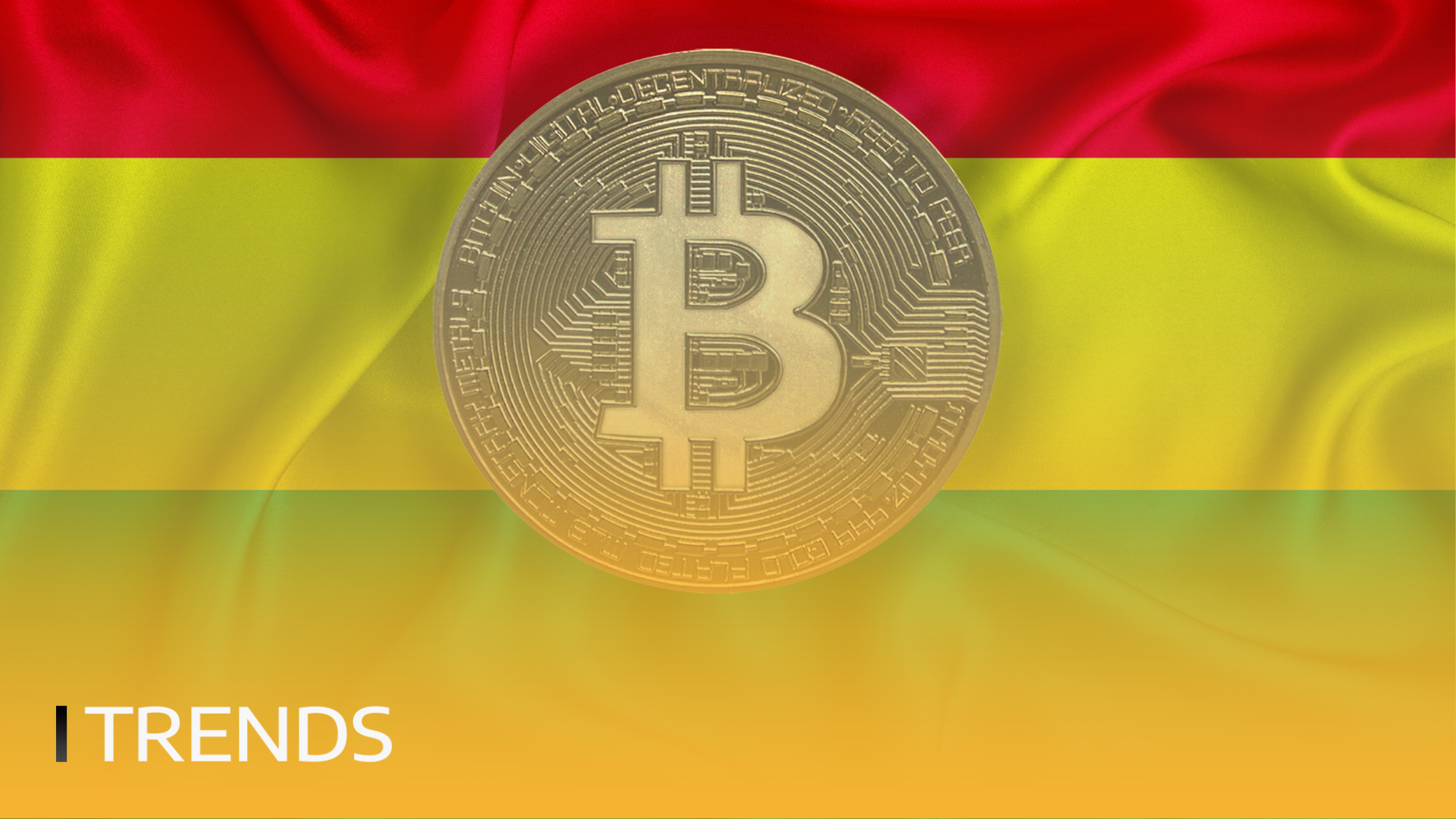Bolivija koristi blockchain protiv korupcije

Bolivia is preparing for a major shift in digital technologies and economic transparency. Newly elected President Rodrigo Paz announced that his government plans to use Blockchain to fight corruption and integrate cryptocurrencies into the asset declaration system and a new state fund for currency stabilization.
Blockchain as a tool against corruption
Paz, who defeated Jorge Quiroga in the second round of the presidential election with 54.5% to 45.5%, is set to take office on November 8. His centrist, pro-market program aims to revive an economy weakened by fuel shortages and a lack of U.S. dollars.
One of the key pillars of his reform agenda is the use of Blockchain in public procurement. The Partido Demócrata Cristiano 2025 program envisions implementing smart contracts to eliminate human involvement and reduce opportunities for corruption. Automation through Blockchain should ensure greater transparency and real-time traceability of all transactions.
Cryptocurrencies in the state fund
Paz’s second proposal targets economic stabilization. Citizens will be able to include their crypto assets in a new foreign exchange stabilization fund created under the so-called property regularization scheme. The fund will help stabilize the national currency and finance key imports during dollar shortages.
Cryptocurrencies will not serve as legal tender but as reserve assets that can be taxed or exchanged for stable currency when needed. Paz thus presents himself as a crypto-pragmatist — viewing Blockchain primarily as a tool to improve state efficiency rather than an ideology or a path to full bitcoin adoption.
From ban to crypto revolution
Just a few years ago, Bolivia was among the strictest countries toward cryptocurrencies. That changed in 2024, when the Central Bank of Bolivia lifted the ban on crypto transactions, paving the way for regulated use in electronic payments.
As a result, trading volumes in digital assets doubled within months. In October 2024, Banco Bisa became the first Bolivian bank to offer institutional custody of stablecoin USDt. A few months later, the state oil company YPFB began exploring cryptocurrency payments for energy imports.
By September 2025, local distributors of Toyota, Yamaha, and BYD were already accepting USDT as payment — signaling growing merchant adoption of digital payments.
Cooperation with El Salvador and rising trading volumes
Another milestone came this summer when the Bolivian Central Bank signed a memorandum of cooperation with El Salvador, the first country in the world to adopt bitcoin as legal tender. The agreement recognizes cryptocurrencies as a “viable and reliable alternative” to traditional money and includes joint work on policies and analytical tools to modernize payment systems and enhance financial inclusion.
According to June data, the bank reported monthly cryptocurrency trading volumes of 46.8 million USD, reaching a total of 294 million USD since the beginning of the year.
Bolivia as Latin America’s next crypto hub?
If President Paz succeeds, Bolivia could become a new center of Blockchain innovation in Latin America. His strategy links transparency, digitalization, and economic stabilization — potentially giving a fresh boost to a country long plagued by corruption and currency instability.
Sources:
https://home.treasury.gov/policy-issues/international/exchange-stabilization-fund